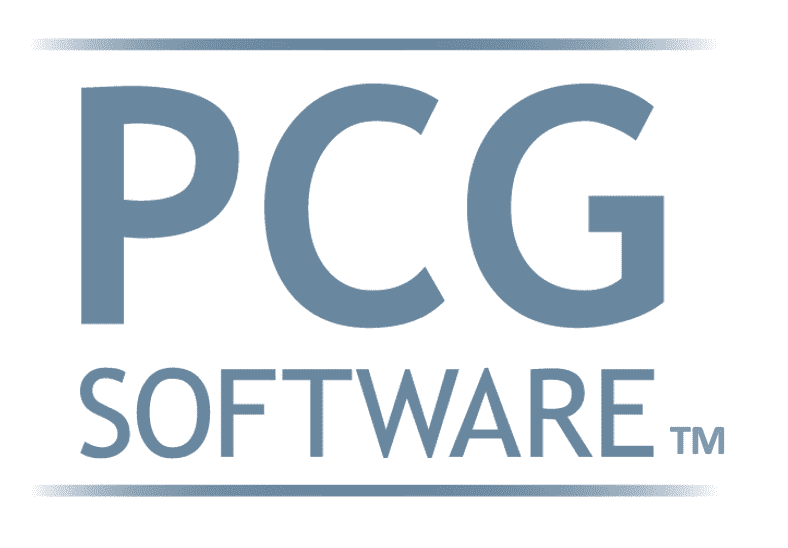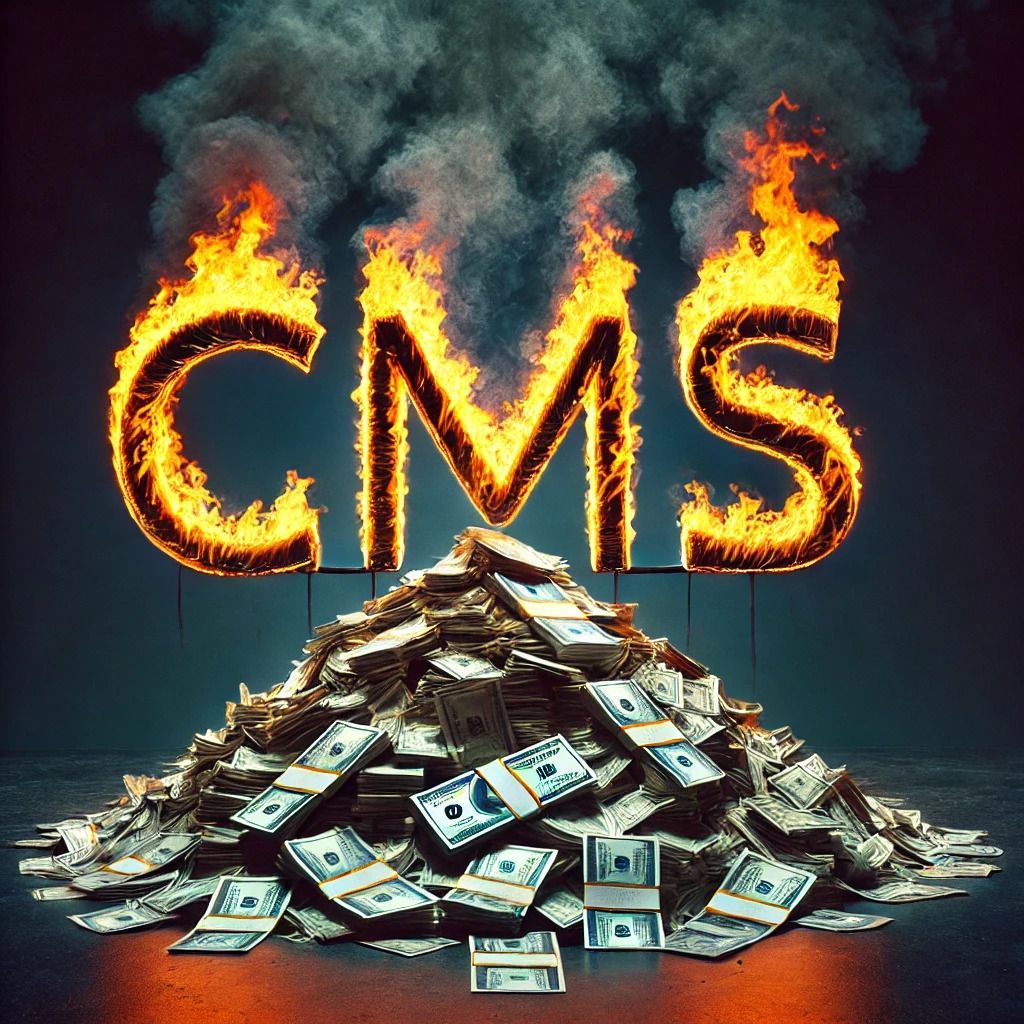New Diagnosis Codes 2023
Summary:
In recent years, the medical industry has undergone a significant transformation, with the introduction of new technology and regulations that have changed the way medical practices operate. One such change is the release of new diagnosis codes, which has a significant impact on medical practices. In this article, we will discuss the impact of newly released diagnosis codes on medical practices and the importance of using AI medical coding software like iVECoder from PCG Software to remain up-to-date with quarterly updates and seamless look-up tools and mock adjudications.
2023 New Diagnosis Code Quick Summary:
• 2023 ICD-10-CM codes feature 1176 new billable codes, compared to 159 in prior year; 36 codes are being converted to parent codes, and 251 are deleted.
• New social determinants of health codes have been introduced, including ‘Z59.82 Transportation insecurity,’ and ‘Z59.87 Material hardship’.
• The Mental, Behavioral and Neurodevelopmental Disorders Chapter expands dementia families 3-fold with the addition of 87 new codes; they offer greater detail on severity and associated behavioral disorders.
• 168 new endometriosis codes now exist for Chapter 14: Diseases of Genitourinary System (N00-N99), representing deeper granularity for limited legacy codes by including anatomic locations, depth and laterality.
• Over 200 new pregnancy/childbirth/puerperiumcodes have been added for Chapter 15 (O00-O9A) to better represent a large number of fetal conditions not adequately represented in prior versions of ICD-10-CM.
References: Link1 on all codes & summaries, CMS Link
Clinic Impact of New Diagnosis, Billing, and Procedural Codes
The impact of new diagnosis codes on medical practices cannot be understated. Medical coders and practice managers must continually update their systems, retrain staff, and make necessary changes to billing and coding procedures in order to stay compliant with regulations. If this process is not done correctly, it can result in claim denials or delays, causing significant financial loss to the medical practice. According to a 2018 report from the American Health Information Management Association (AHIMA), over 30% of all medical claims were rejected due to coding errors. The same report noted that as many as 24% of all claims were denied by payors for coding-related issues, resulting in an estimated $125 billion dollars in losses annually for healthcare providers.
Furthermore, outdated codes can lead to inaccurate data analysis, resulting in misguided policies and ineffective treatment strategies. To ensure accuracy and compliance with regulations, AI medical coding software like iVECoder from PCG Software can help medical practices remain up-to-date with the latest diagnosis codes. With its quarterly updates, seamless look-up tools, mock adjudication features, and easy integration into existing practice software systems, iVECoder is designed to reduce the time-consuming burden of manual coding while also improving compliance with industry standards. Additionally, AI technology has shown great promise in other areas of healthcare such as disease diagnosis, treatment planning and medical imaging analysis – providing healthcare providers with valuable insights into patient care that would otherwise be missed by human practitioners alone.
The International Classification of Diseases, Tenth Revision (ICD-10) is the system used for diagnosis coding. The ICD-10 contains over 68,000 diagnosis codes, making it more comprehensive than its predecessor, the ICD-9. The ICD-10 codes are updated every year, and new codes are added to reflect new diseases and conditions discovered, making it important for medical practices to remain up-to-date with the latest codes.
The impact of newly released diagnosis codes on medical practices can be significant. These codes require healthcare providers to update their systems, retrain their staff, and make necessary changes to their billing and coding procedures. Failing to do so can result in claim denials or delays, causing financial loss and negatively affecting patient care.
Data Driven Healthcare Requires AI Guidance to Keep Up
The introduction of new diagnosis codes also impacts the data analysis of the medical industry. Medical data is used to inform research, public health policy, and disease prevention efforts. The use of outdated diagnosis codes can result in inaccurate data analysis, leading to misguided policies and ineffective treatment strategies.
AI Coding Solutions to Solve New Billing and Diagnosis Codes
To keep up with the ever-changing world of medical coding, medical practices can turn to AI medical coding software like iVECoder from PCG Software. iVECoder is an AI-powered coding software that can help medical practices automate their coding process, ensuring accuracy and compliance with the latest coding regulations.
One of the benefits of using iVECoder is its quarterly updates, which ensure that medical practices remain up-to-date with the latest diagnosis codes. These updates are critical, as failing to use the latest codes can result in claim denials or delays, causing significant financial loss to the medical practice.
iVECoder also has seamless look-up tools, making it easy for healthcare providers to find the appropriate diagnosis codes quickly. The software uses AI algorithms to analyze the patient's medical record and suggest appropriate diagnosis codes, reducing the risk of human error and speeding up the coding process.
In addition to its look-up tools, iVECoder also has mock adjudication features. These features allow medical practices to simulate the claims process and identify potential errors before submitting the claims to insurance companies. By catching errors early, medical practices can avoid claim denials or delays, saving time and money.
PCG Software's AI Coding Solutions
In conclusion, the impact of newly released diagnosis codes on medical practices can be significant, requiring healthcare providers to update their systems, retrain their staff, and make necessary changes to their billing and coding procedures. Failure to do so can result in claim denials or delays, causing significant financial loss to the medical practice. To avoid these problems, medical practices can turn to AI medical coding software like iVECoder from PCG Software. iVECoder's quarterly updates, seamless look-up tools, mock adjudication features, and easy integration make it an essential tool for medical practices that want to remain up-to-date with the latest diagnosis codes. While AI technology can assist healthcare providers in the coding process, it's essential to have trained professionals who understand the nuances of medical coding and can ensure accuracy and compliance with regulations.
Quick Links:
AI Medical Coding Software References:
https://www.ncbi.nlm.nih.gov/pmc/articles/PMC7226098/#B5-ijms-21-01699
https://www.pcgsoftware.com/2023-new-diagnosis-codes-new-medical-codes
Will Schmidt joined PCG Software as their Chief Strategy Officer in November 2022. Prior to PCG, Schmidt lead TNH as their Sr. Vice President to become the 7th largest pharmacy in the nation. He then went on to consult with and serve as Interim CEO or Consultant to over 20 different companies specializing in profit strategies, operational efficiencies, vendor relations and partnerships, and exit strategies.
Our History and Credibility in Reporting this Information:
For over 30 years, PCG Software Inc. has been a leader in AI-powered medical coding solutions, helping Health Plans, MSOs, IPAs, TPAs, and Health Systems save millions annually by reducing costs, fraud, waste, abuse, and improving claims and compliance department efficiencies. Our innovative software solutions include Virtual Examiner® for Payers, VEWS™ for Payers and Billing Software integrations, and iVECoder® for clinics.
Support Request
New Customer Quick Links
All Rights Reserved | PCG Software, Inc.
Website Created & Managed by Talents Into Profits



